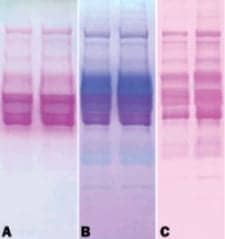Beckman Coulter Inc, Orange County, Calif, announced research results that demonstrated that elevated levels of pregnancy associated plasma protein-A (PAPP-A), as measured by the company’s investigative test cPAPP-A, can predict risk of imminent heart attack or death in patients with non-ST segment elevation (NSTE) Acute Coronary Syndrome (ACS). The results of this study were recently published in the Journal of the American College of Cardiology.
This study of nearly 4,000 patients enrolled at 440 institutions in 17 countries demonstrated that patients with NSTE ACS and an elevated cPAPP-A result were at twice the risk for heart attack or death within 30 days of an initial coronary event compared to patients without an elevated cPAPP-A result. Moreover, patients with a high cPAPP-A result plus elevated values of other blood tests currently used for evaluation of patients in the emergency department with chest pain, were at fivefold risk for heart attack or death within 30 days compared to patients without an elevated cPAPP-A result, but with elevation in other blood markers suggestive of acute myocardial infarction (AMI).
PAPP-A is an enzyme — first identified in the placenta of pregnant women but also found at lower concentration in non-pregnant women and men — associated with coronary plaque destabilization or rupture. Plaque rupture and the ensuing thrombosis which occurs at the site of rupture is a cause of heart attack. While clinical models for the prediction of CV mortality after ACS are currently in use, prediction of recurrent ischemic events with high discrimination has been difficult. The cPAPP-A test appears to address this major unmet patient need and would provide physicians with a blood test to predict these events.


